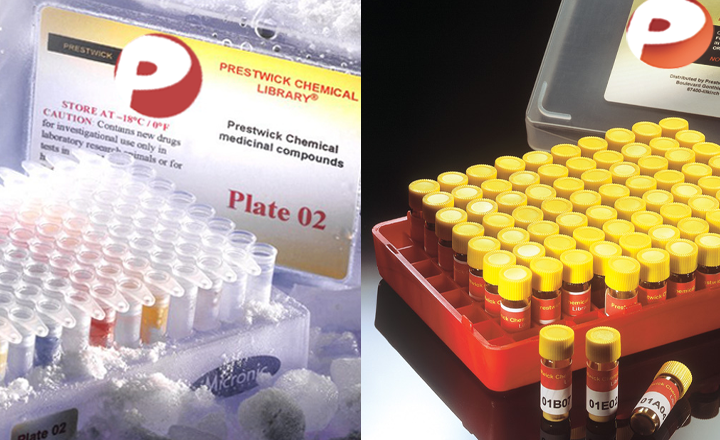Two approaches to drug discovery in SOD1-mediated ALS.
Broom WJ, Auwarter KE, Ni J, Russel DE, Yeh L, Maxwell MM, Glicksman M, Kazantsev AG, Brown RH
Journal of biomolecular screening - vol. 11 729-35 (2006)
Journal of biomolecular screening
Familial amyotrophic lateral sclerosis (ALS) accounts for 10% of all ALS cases; approximately 25% of these cases are due to mutations in the Cu/Zn superoxide dismutase gene (SOD1). To date, 105 different mutations spanning all 5 exons have been identified in the SOD1 gene. Mutant SOD1-associated ALS is caused by a toxic gain of function of the mutated protein. Therefore, regardless of the specific mechanism whereby mutant SOD1 initiates motor neuron death, the authors hypothesize that measures that decrease levels of mutant SOD1 protein should ameliorate the phenotype in transgenic mice and potentially in patients with SOD1-mediated disease. They have designed 2 cell-based screening assays to identify small, brain-permeant molecules that inactivate expression of the SOD1 gene or increase the degradation of the SOD1 protein. Here they describe the development and optimization of these assays and the results of high-throughput screening using a variety of compound libraries, including a total of more than 116,000 compounds. The majority of the hit compounds identified that down-regulated SOD1 were shown to be toxic in a cell-based viability assay or were nonselective transcription inhibitors, but work is continuing on a number of nonspecific inhibitors of SOD1 expression. Ultimately, the authors believe that these 2 cell-based assays will provide powerful strategies to identify novel therapies for the treatment of inherited SOD1-associated forms of ALS.


